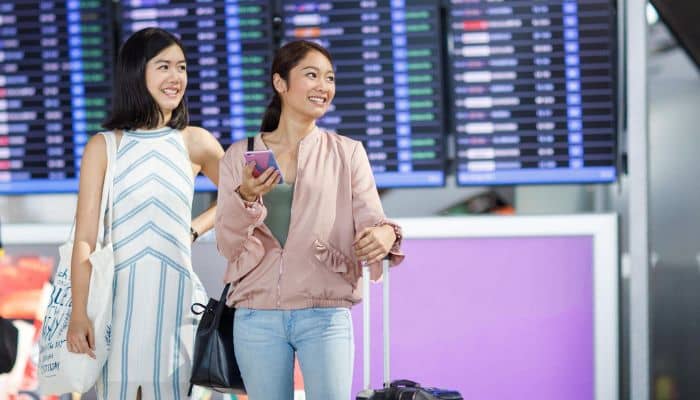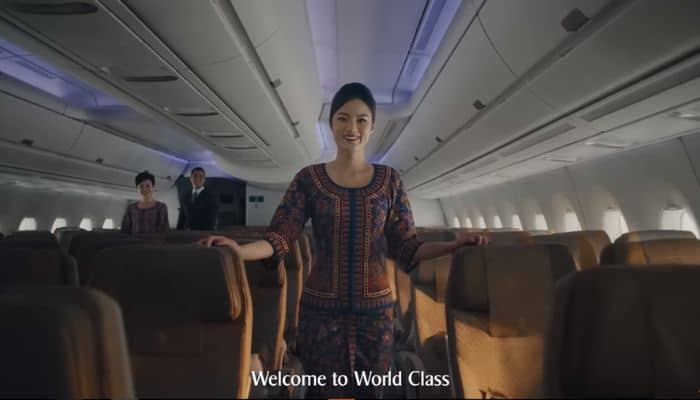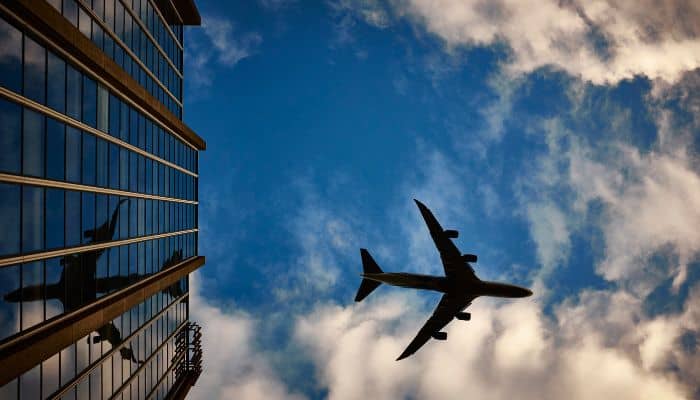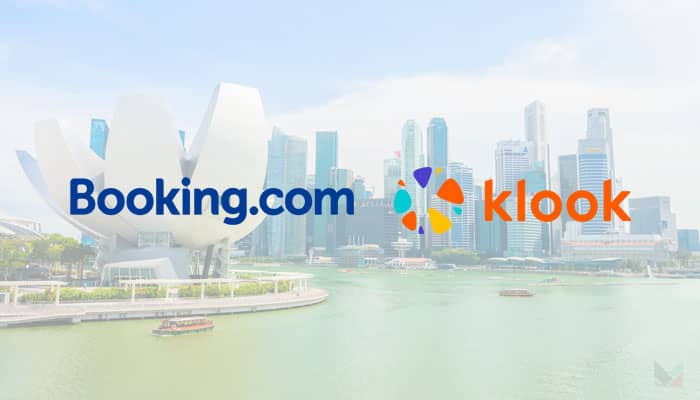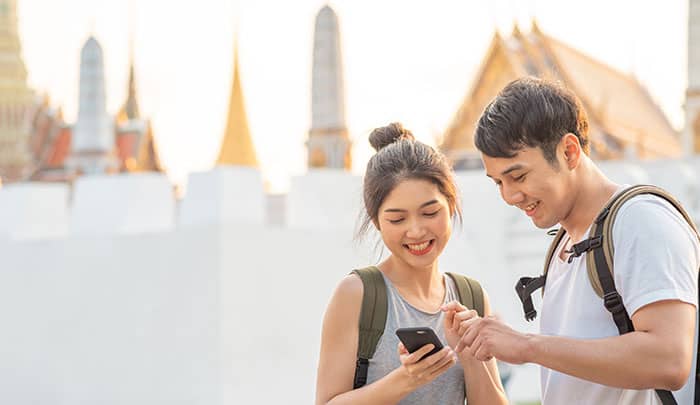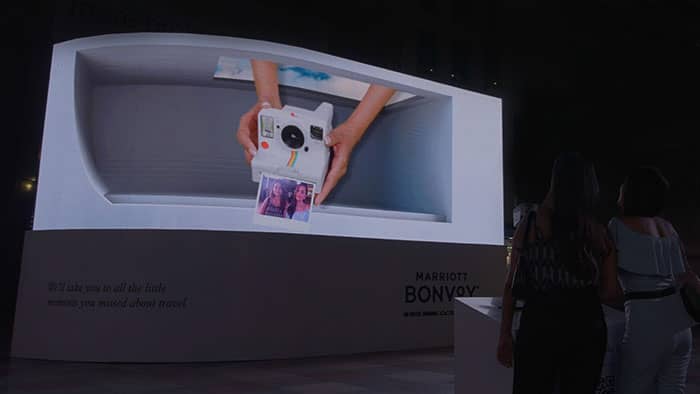Hong Kong – To make it easier for riders on the platform to plan their travels and have a ‘stress-free ride’ to and from the Hong Kong International Airport, Uber has announced the launch of its new feature, ‘Uber Travel’, along with its ‘Peace of Mind with Reserve’ campaign that offers trip promotions and travel amenities.
The new feature and campaign will help travellers from planning their trip, reserving a ride to the airport, to getting a complimentary travel kit including an eye mask and traveller sim card.
With Uber Travel, Hong Kong travellers can plan on ground transportation ahead of important occasions. It will also enable riders to see all of their travel itineraries, such as flights, hotels and rides, all in one button.
In partnership with AwardWallet, Uber Travel also offers riders the option to manually import
and organise hotels, flights, and restaurant reservations into a single itinerary view. With this and Uber’s ride reservation feature Uber Reserve, the platform promises a ‘more reliable and stress-free ride experience.’
“We want every Uber trip experience to be comfortable and effortless. To celebrate the strong comeback of international travel and the government’s ‘Happy Hong Kong’ Campaign, we are offering travelers and our platform’s riders with trip promotions to try Uber Reserve – a feature that allows riders to book a ride through the app for up to 30 days ahead,” said Estyn Chung, general manager of Uber Hong Kong.
Chung added, “Whether at home town or overseas, Uber wants to make sure every trip of our riders is being well taken care of, and they can always count on the comfortable familiarity of an Uber experience.”
This follows Uber’s launch of Journey Ads in Australia, its first advertising option that is targeted for purchase-minded riders.

